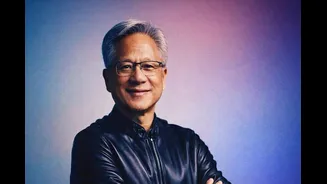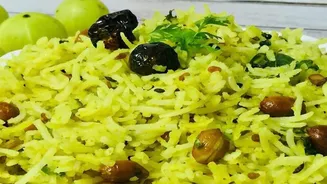Egypt Peace Summit
The international community convened in Egypt for a summit focused on reinforcing the ceasefire between Israel and Hamas. This event, jointly chaired by
Trump and Sisi, saw participation from more than 20 countries. The primary objective of the summit was to support the recently established ceasefire and lay the groundwork for enduring peace and stability in the Middle East. The summit also intended to facilitate discussions on the implementation of humanitarian assistance and strategies for the reconstruction of Gaza. The Egyptian presidency highlighted that the summit aligned with a broader vision of fostering peace and ending global conflicts.
Key Participants Identified
Several key international partners received invitations to participate in the summit. The United States had sent invitations to countries such as Spain, Japan, Azerbaijan, Armenia, Hungary, India, El Salvador, Cyprus, Greece, Bahrain, Kuwait, and Canada, according to reports. Notably, Iran was also invited, despite Israel's decision not to attend. Pakistan's Prime Minister, Shehbaz Sharif, was confirmed to be attending the summit. The presence of these diverse nations underscored the global importance placed on achieving peace in the region and the unified effort to support the ceasefire.
Ceasefire Background Details
The ceasefire between Israel and Hamas was realized on Friday, following intensive negotiations that spanned three days. The negotiations, held in Sharm el-Sheikh, were mediated by Egypt, Qatar, Turkey, and the United States. The initial phase of the peace plan includes the withdrawal of Israeli troops from key areas such as Gaza City, Rafah, Khan Younis, and northern Gaza. Additionally, the plan provides for the opening of five humanitarian crossings, facilitating the release of hostages and prisoners. This ceasefire marked a crucial first step toward de-escalation and providing a pathway for dialogue and further agreements.
India's Representation at Summit
India was invited to participate in the summit, reflecting its role in international discussions regarding the Middle East. While Prime Minister Modi received an invitation, the Indian government confirmed that MoS MEA Kirti Vardhan Singh would be representing the country at the summit. India's participation signifies its dedication to international diplomacy and its commitment to contributing to regional peace and stability. The representation highlights India's ongoing involvement in global initiatives aimed at conflict resolution and humanitarian support.
Rafah Crossing Reopening
Reports indicated that the Rafah crossing between Gaza and Egypt was scheduled to reopen by the middle of the following week. This reopening was expected to allow for limited civilian movement, thus easing restrictions on travel and humanitarian aid. The restoration of the Rafah crossing would be a major step towards providing essential aid and support to the region. This action underscores the humanitarian aspect of the peace process and efforts to improve living conditions in Gaza.


















